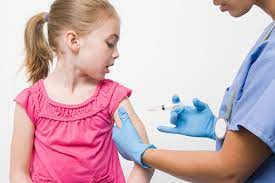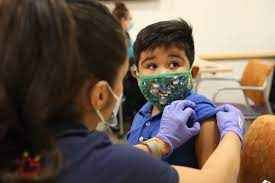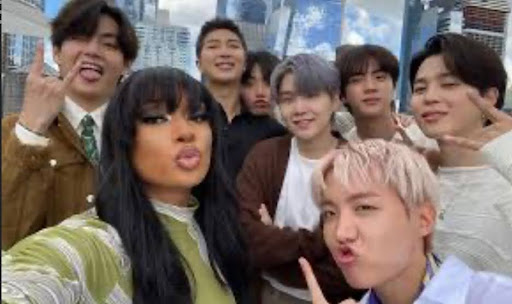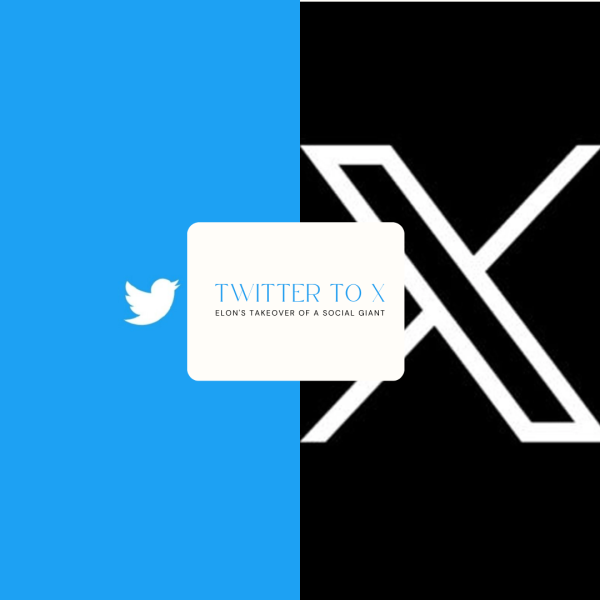Should Children Take the Jab?

(Children are receiving their vaccines before school | Time Magazine)
In 2019, COVID-19 swept the globe – plaguing nations with an illness that, as of today, has caused the death of over 5 million people. It is still present with new variants popping up now and then; however, because researchers worldwide worked with haste to develop a vaccine for the virus, the spread has slowed, which has allowed us to return to some level of normalcy again. The first population to receive the vaccine was elderly, who are most at risk because of their age. Following the high priority group were individuals over the age of 16. As of writing this article, nearly 60% of the United States population are fully vaccinated. Despite this, some healthcare experts argue that to reach herd immunity (the high resistance of infectious disease spread due to a large proportion of individuals possessing pre-existing immunity), we must reach a minimum of 70% vaccination. To achieve this, the government has been working with the WHO, CDC, and FDA to finalize approval of a vaccine for individuals younger than 16. Vaccinating this large population would vastly increase the likelihood of reaching herd immunity. As of right now, the Pfizer vaccine is FDA approved for children aged 5-11.
The encouragement for children to receive the jab has led to mass criticism by parents and healthcare professionals across the country. Many argue that with cases declining, it is not a necessary measure. After all, most of the high-risk population has already been vaccinated, so the illness is not nearly as fatal as when it was first discovered. Nonetheless, it is an option that has presented itself. It is currently debatable whether or not vaccinating children is ethically correct or even significantly effective enough to warrant a mandate. One thing is for sure – the vaccine is highly effective. According to the FDA, “The vaccine was 95 percent effective in preventing COVID-19 disease among these clinical trial participants with 8 COVID-19 cases in the vaccine group and 162 COVID-19 cases in the placebo group.” This begs the question: Should children take the jab? I interviewed some Wheeler students about their thoughts on the subject.

Kelly Lau (12), stated: “I think if the FDA has approved the vaccine for children under 12, they should get it unless they cannot due to a health or religious reason.” Semi Owolabi (12) added: “As long as the vaccine is safe and approved for those under the age of 12, I think it’s more than ideal for them to get it – not only for their safety but for the safety of the people around them!” Despite the individuals interviewed agreeing, It seems that there is a polarized spectrum of beliefs regarding the vaccine. Some believe that although the impact may be small, anything that contributes to bringing back complete normalcy is a good thing.
On the other hand, spending money to fund vaccines for a low-risk group that doesn’t make up a significant portion of the population may be more of a hassle than it’s worth. In the end, it’s up to the child and their parents to decide whether or not it is of importance to them. Until further information is released, little is known about the vaccine’s effects on this age group. So if parents are on the fence about having their children vaccinated, they may want to wait until more is known about some potentially harmful side effects.

Connor is a senior, and this is his first year in journalism. After he graduates, he hopes to attend Augusta University to pursue his dream of working...




